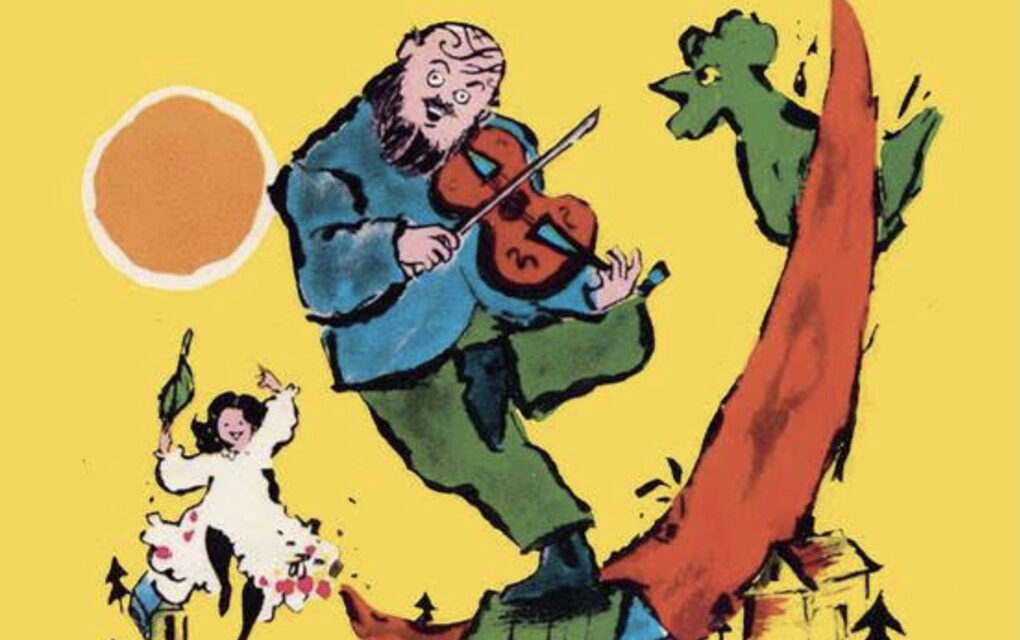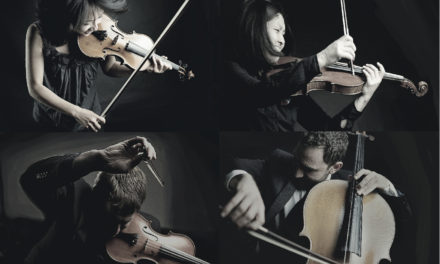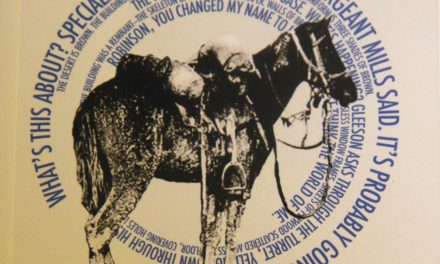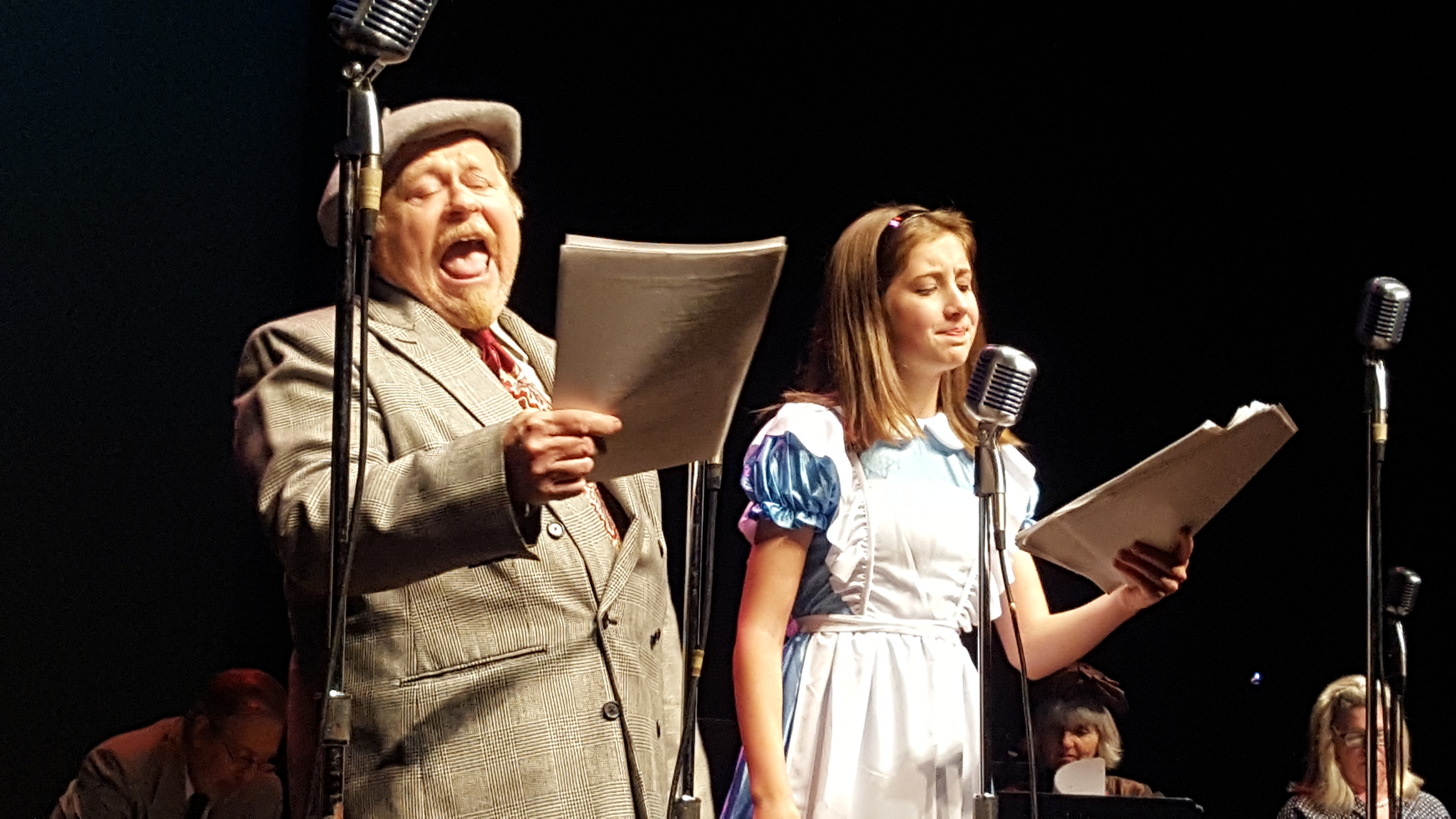By Daniel Buckwalter
Traditions …
Some are generational and carry heavy symbolic meaning around specific holidays, especially in religious circles. Others, be it with family or friends, begin with spur-of-the-moment ideas that elevate community and, before anyone knows it, someone says, “We need to do this next year!” And a tradition is born.
On the other hand — a prepositional phrase that the patriarchal character Tevye uses often in Fiddler on the Roof — some traditions take root and flower on their own because, well, no one is sure why. They are just the glue that holds a small and poor community, a Jewish community of Anatevka in the Tzarist Russian Empire in this case, together in times of strife, and nobody lets them go.
“We have traditions for everything,” Tevye declares, adding that this is “what God expects us to do. Without traditions, our lives would be as shaky as a fiddler on the roof.”
The cast and crew of the musical Fiddler on the Roof completed their first weekend of performances on Nov. 26 at The Shedd Institute. There are six more shows, concluding Dec. 10, and I would strongly encourage people to see it. I caught the Nov. 25 performance, and a nearly packed house stood as one for a deserved ovation.
I was surprised by how taken I was by the familiar story line and songs that I had not explored in years.
It’s a terrific show, in part, because Bill Hulings, who plays the part Tevye with a studied grace, never outshines the other characters on stage. Yes, Tevye is the foremost character of the musical and is in almost every scene as the poor milkman and befuddled father of five daughters.
Yet Hulings’ ever-presence is comfortable, and it allows equally comfortable performances from the rest of the cast, notably his wife Golde (Shirley Andress) and the three older daughters (Clarae Smith as Tzeitel, Hannah Foshay as Hodel and Kenady Conforth as Chava), who will all step outside the rigid restrictions (again, traditions) of arranged marriages, unions spearheaded by Yente (Kara Churchill).
For all the familiar music sung by the cast — most of which I could hear a patron to my left in the balcony sweetly and softly humming to — it was the dance scenes that caught my acute attention.
Among others, there was the boisterous and drunken dance scene in Act I, Scene 4, at the village inn, and the wild nightmare dance scene in Act 1, Scene 7, where the long-deceased Fruma-Sarah (played with operatic ferocity by Siri Vik) is resurrected to warn against the marriage of Tzeitel and Lazar (Earl Ruttencutter).
The most bittersweet and poignant dance scene, however, is in Act II, Scene 6, after Chava, the middle daughter, marries outside the Jewish faith, and is declared dead to the family by her father.
Yet a father’s love is not entirely extinguished. Tevye sings of this confusion in “Little Bird,” of the earth shattering uncertainty that now consumes him and an entire village, of times when traditions mean little or nothing:
Little bird, little Chavaleh
I don’t understand what’s happening today
Everything is all a blur
All I can see is a happy child
What a sweet little bird you were
Chavaleh, Chavaleh
Chava is dancing elegantly off to the side, the sweet child she once was, but she’s now a woman. Afterward, she asks Tevye to accept her marriage to the non-Jew, Fyedka (Matthew Michaels). Tevye says no. This is one traditional bridge that cannot be torn apart.
It’s a powerful scene in a well done production of Fiddler on the Roof by The Shedd. For all fans of musicals — and especially for anyone like me who has not explored this particular musical in years — it is well worth the evening to attend.












